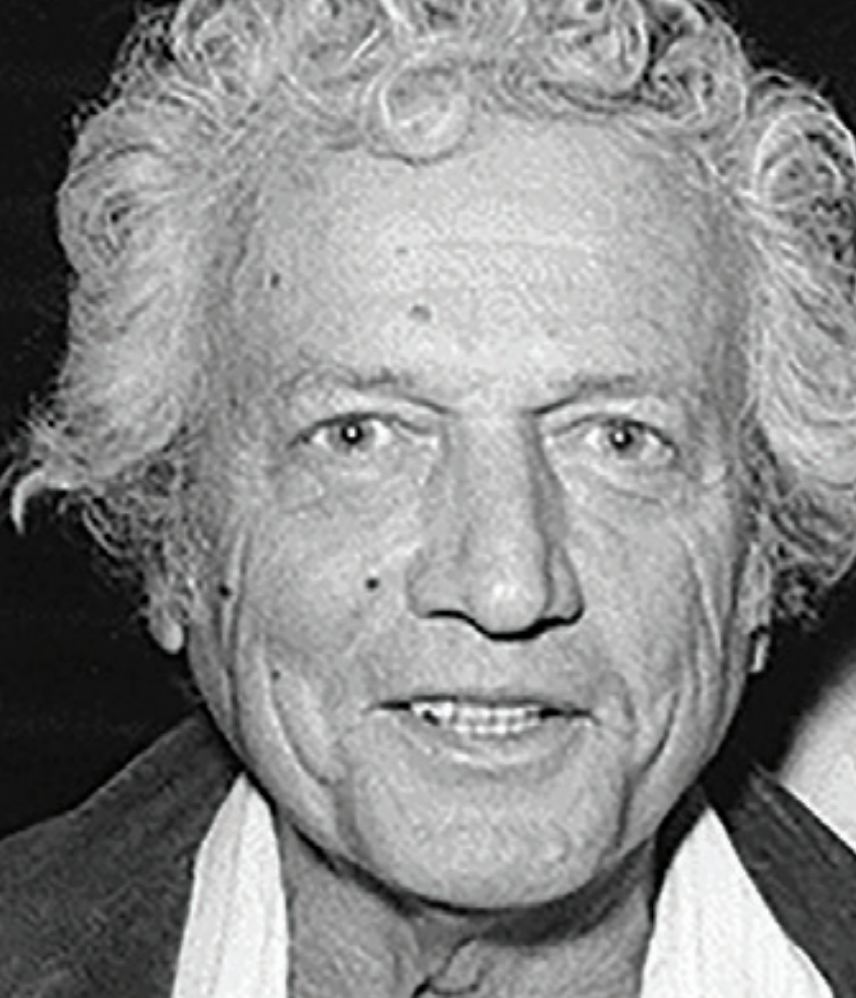The Ross Family’s Lasting Legacy

Touching People’s Lives with Humor and Humanity
As an Emmy award-winning comedy writer and producer, Michael “Mickey” Ross helped create some of the most popular and iconic television shows of his era—including All in the Family, The Jeffersons, and Three’s Company—in the process, gaining success he had never imagined. But his memory of his immigrant parents and their struggles during the Great Depression remained with him throughout his life, and it inspired Ross’s drive to help the neediest and most vulnerable members of the Los Angeles community.
Now, the Jewish Community Foundation’s Michael and Irene Ross Endowment Fund supports a wide range of critical services, from feeding the hungry to aiding addicts in recovery, from providing hospice care to helping ex-gang members turn their lives around, and much more. Since the Ross Endowment’s inception, over $2 million in grants have assisted LA’s most indigent residents.
“Mickey Ross, of blessed memory, was a funny, thoughtful, and caring man who had a human empathy with disadvantaged individuals of all religions and backgrounds,” says The Foundation’s president and CEO Marvin I. Schotland. “He would be greatly moved to know of the many people who have been helped by the Ross Endowment Fund and that his legacy lives on through its grantmaking.”
A Humble Beginning
Raised in a Yiddish-speaking household in New York City, Ross launched his entertainment career directing shows at an Adirondacks resort, working alongside such show business legends as Carl Reiner and Sid Caesar. He went on to work as a writer, story editor, and executive producer for the hit 1970s series All in the Family, and with a partner, made a career in Hollywood, writing for other shows including The Jeffersons and Three’s Company.
“Mickey and his late wife, Irene, lived very modestly, considering his income and ultimate wealth,” says Mads Bjerre, his former business manager. “He never really reconciled himself to the fact that he had become a wealthy man, and he wanted to see to it that those less advantaged than he were given opportunities.”
It was Ross’s estate planning attorney, Alan Watenmaker, of Hoffman, Sabban & Watenmaker, who first connected Ross with the Jewish Community Foundation, where Ross met with the Center for Designed Philanthropy, which offers guidance to families and individuals developing their charitable goals and strategies.
“Mickey was looking to leave the bulk of his estate to an organization he could trust to reflect his values in the community forever,” says Schotland. Ultimately, Ross left half of his residuary estate—more than $10 million—to his endowment at The Foundation, which continues to receive half of Ross’s residual proceeds from his television shows.
A Desire to Give Back
Those significant donations are fulfilling Ross’s legacy by supporting a range of organizations, including Jewish Family Service, where the Ross Endowment supports the three SOVA food pantries, which provide food to some 36,000 individuals annually. “Support from the Ross Endowment has been a significant part of the funding we require to address the needs as demand has continued to grow,” says Paul Castro, JFS’s president and CEO. While clients typically come to SOVA for food, the agency also connects them to a range of services, including helping individuals apply for food aid and assisting with employment issues. “We help people deal with a wide variety of challenges in their lives,” says Castro.
Helping Others Help Themselves
At Homeboy Industries, the Ross Endowment supports an intensive 18-month program that assists former gang members in establishing and attaining personal, educational, and vocational goals. Participants receive job training while working in a variety of maintenance, office, and clerical jobs and then move on to specialized positions, while focusing on healing their wounds, building life skills, and learning to be responsible citizens. “What we’re doing is not only healing a person but also changing the trajectory of life for everybody in that person’s family,” says Jacki Weber, Homeboy’s chief development officer. “People who come through our program can become for their children the parents they never had themselves.”
Many alumni of the Homeboy Industries program go on to become change makers themselves, some starting businesses that employ others who have been through Homeboy’s programs. “It’s amazing how motivated they are to give back,” says Weber. They don’t just want to make a living. They want to make the world better and their families better, and they learned the strategies to do that here.”
The same is true of clients of another Ross Endowment beneficiary, Beit T’Shuvah, the residential addiction treatment center and spiritual community, where Ross Endowment funding helped create and sustain Creative Matters, an in-house design and photography agency, providing creative services to dozens of local nonprofits and businesses. The enterprise enables recovering addicts to work as interns, developing skills in copywriting, graphic design, photography, and videography.